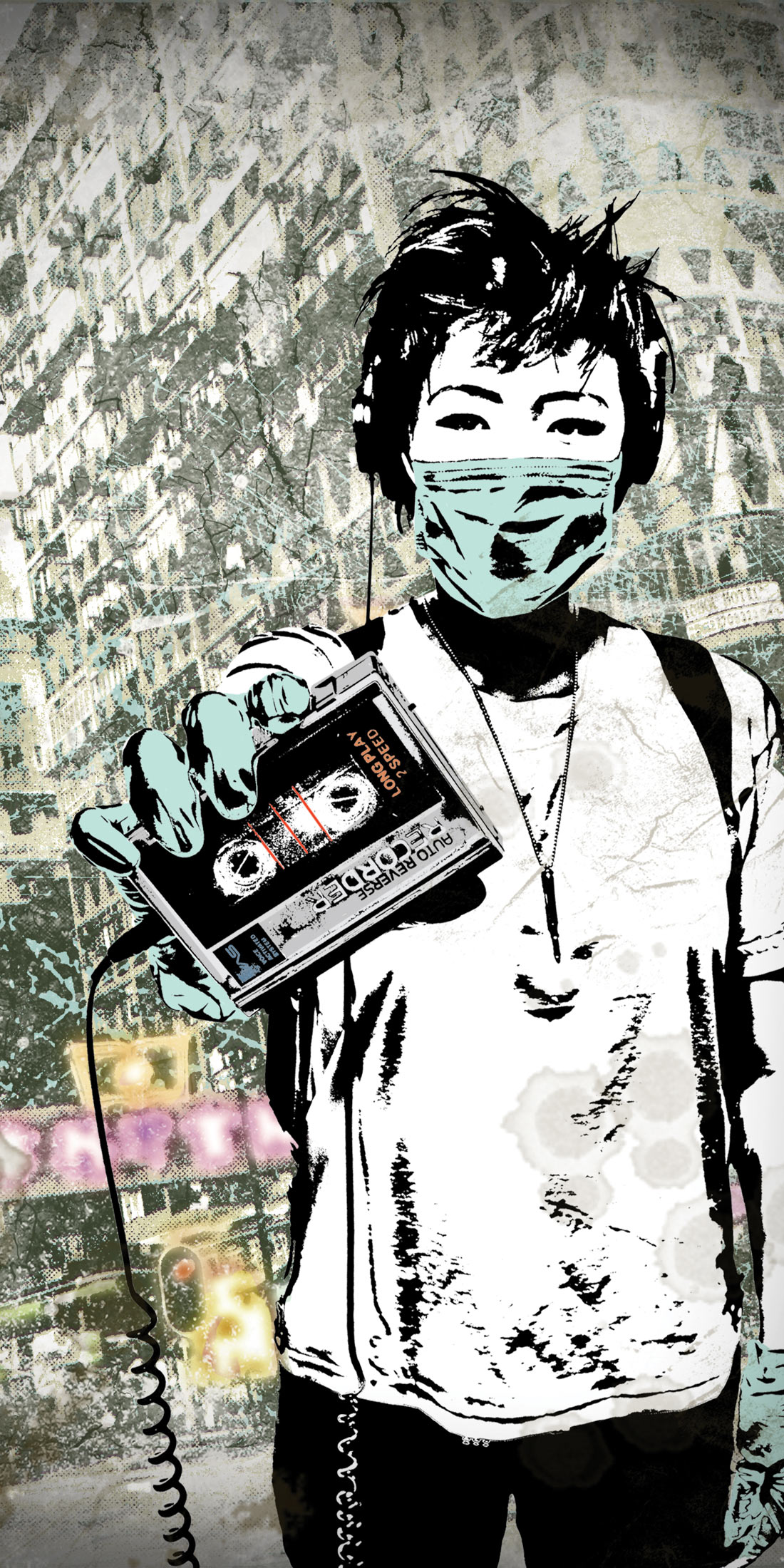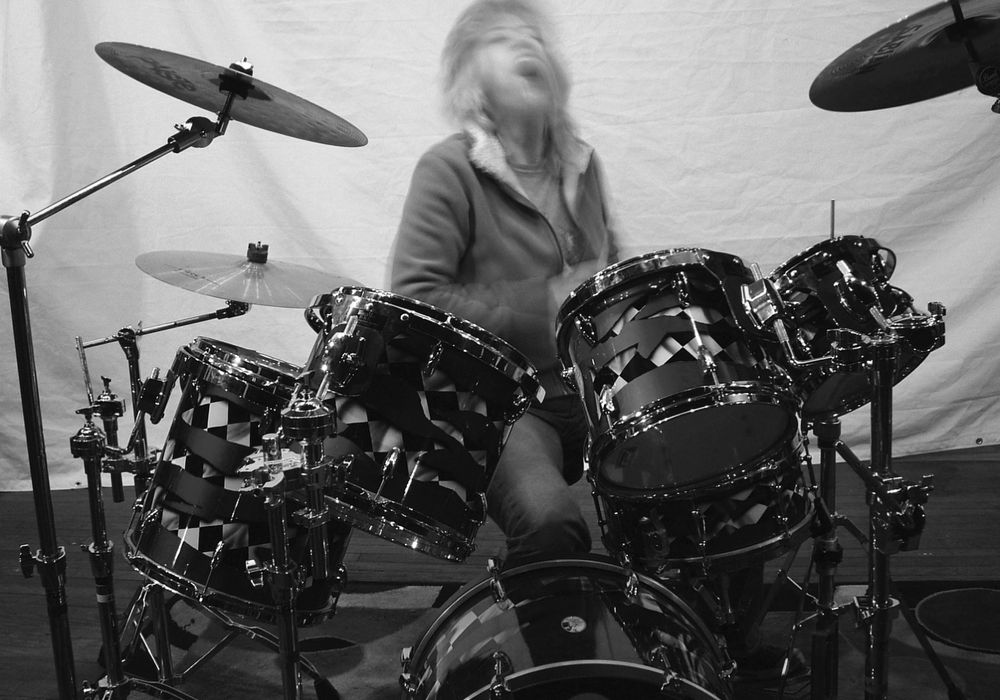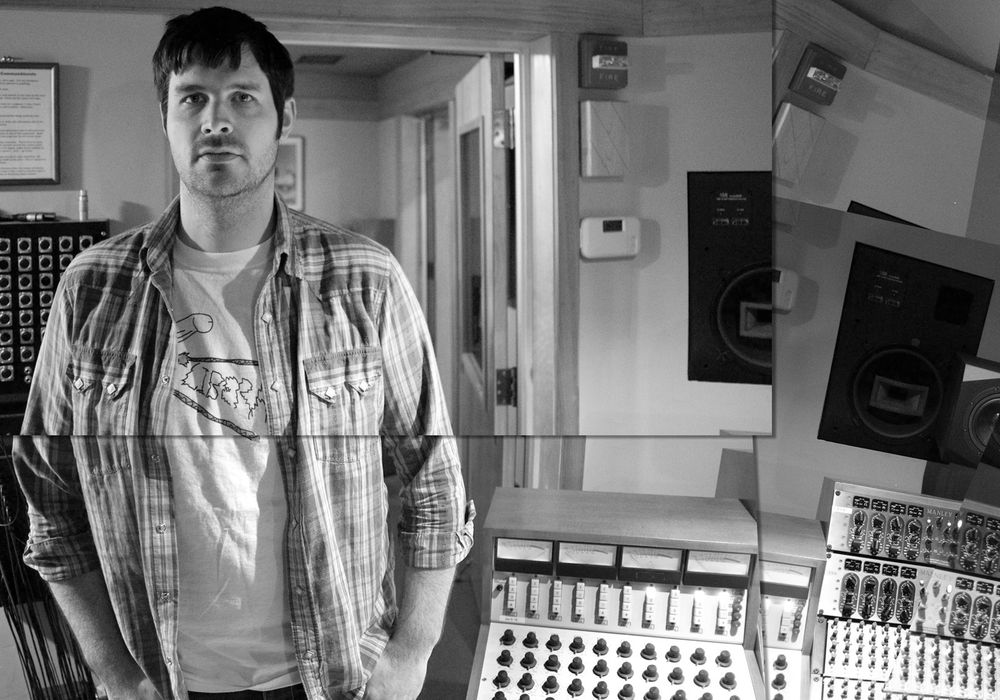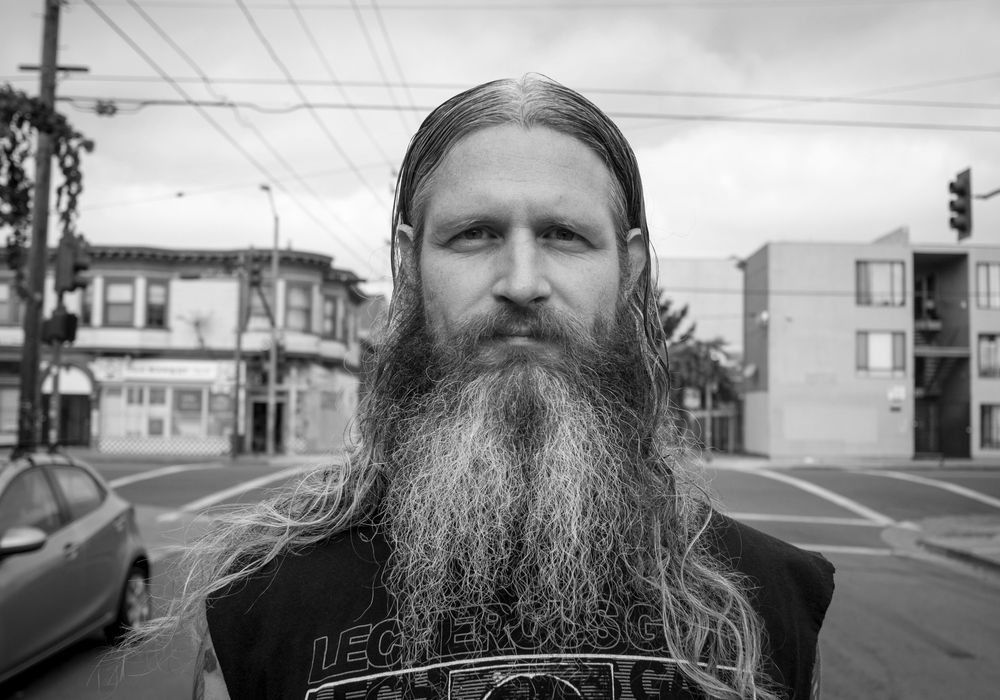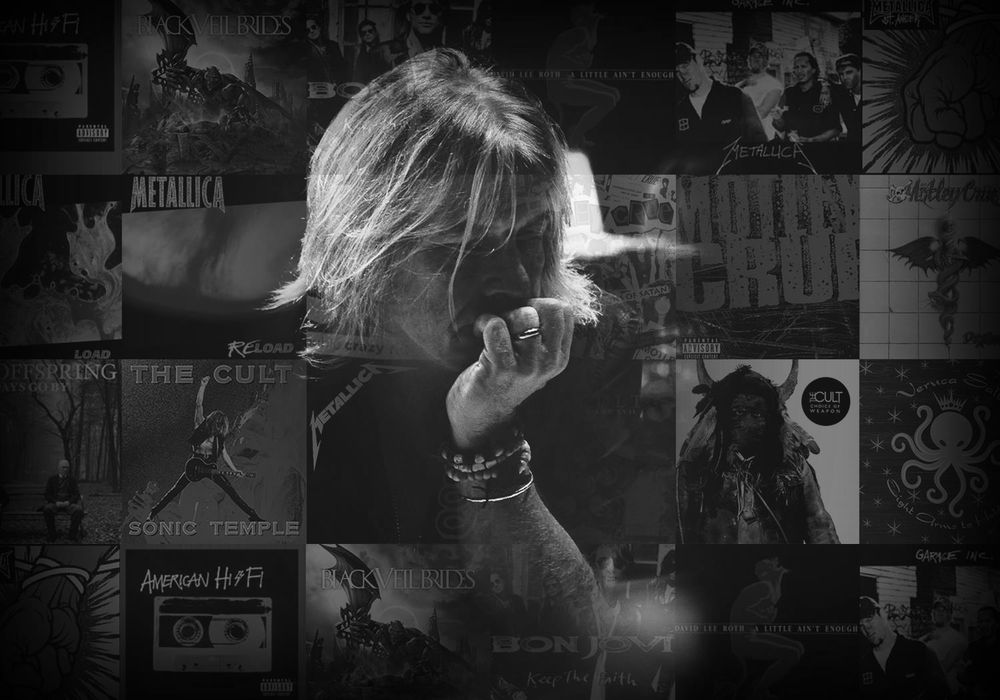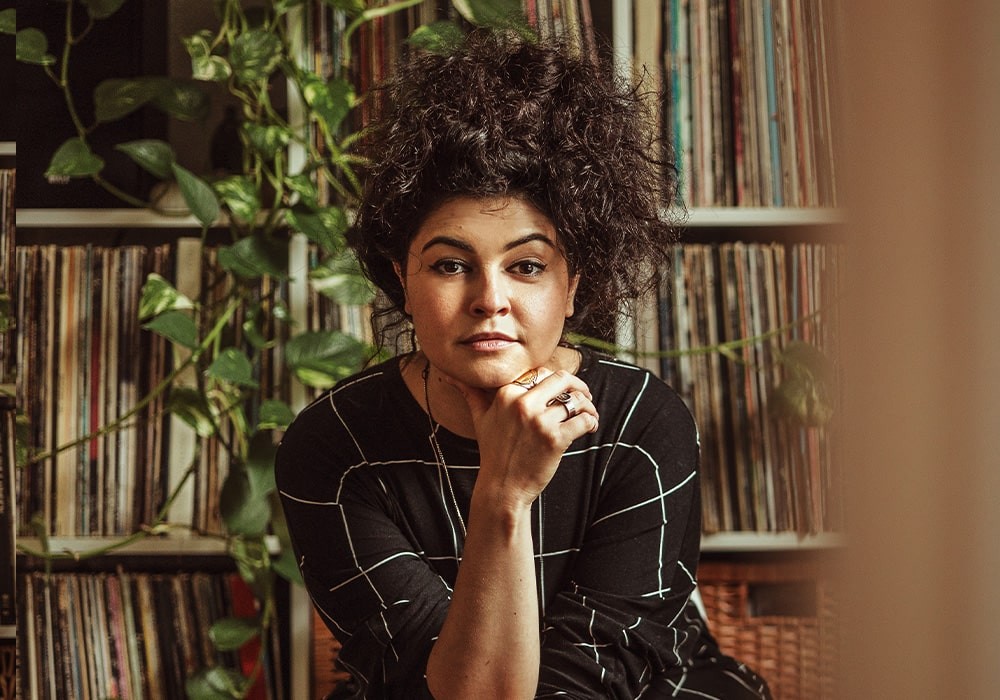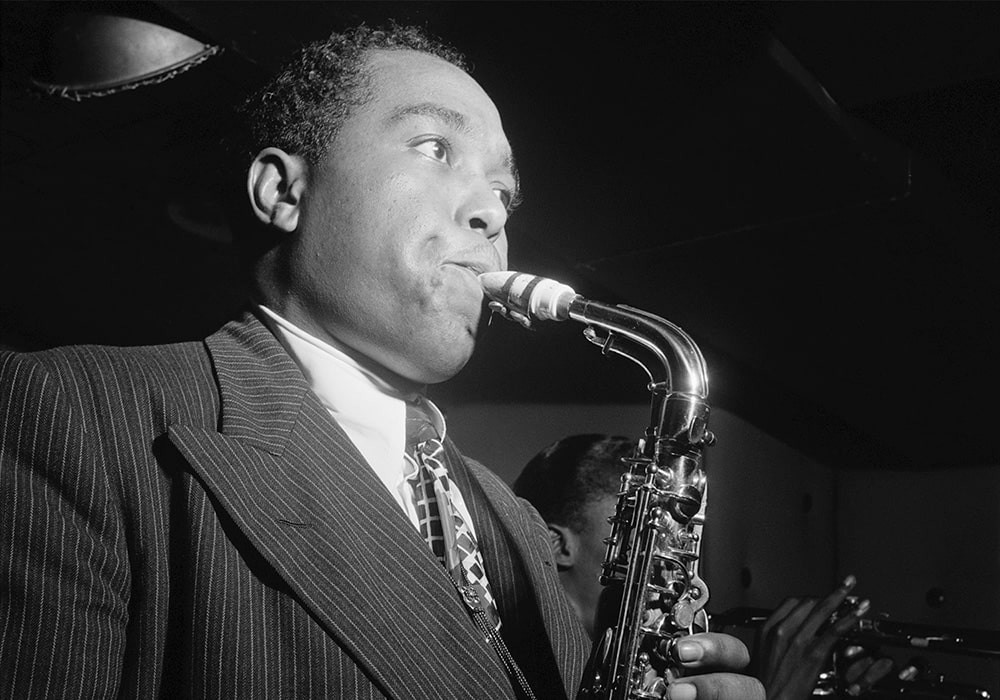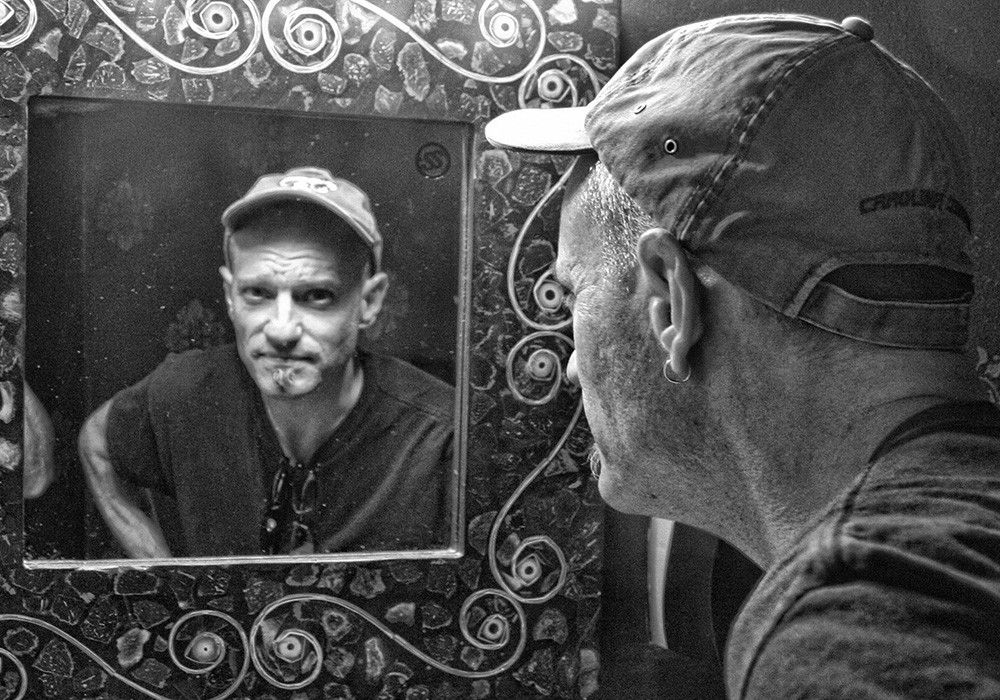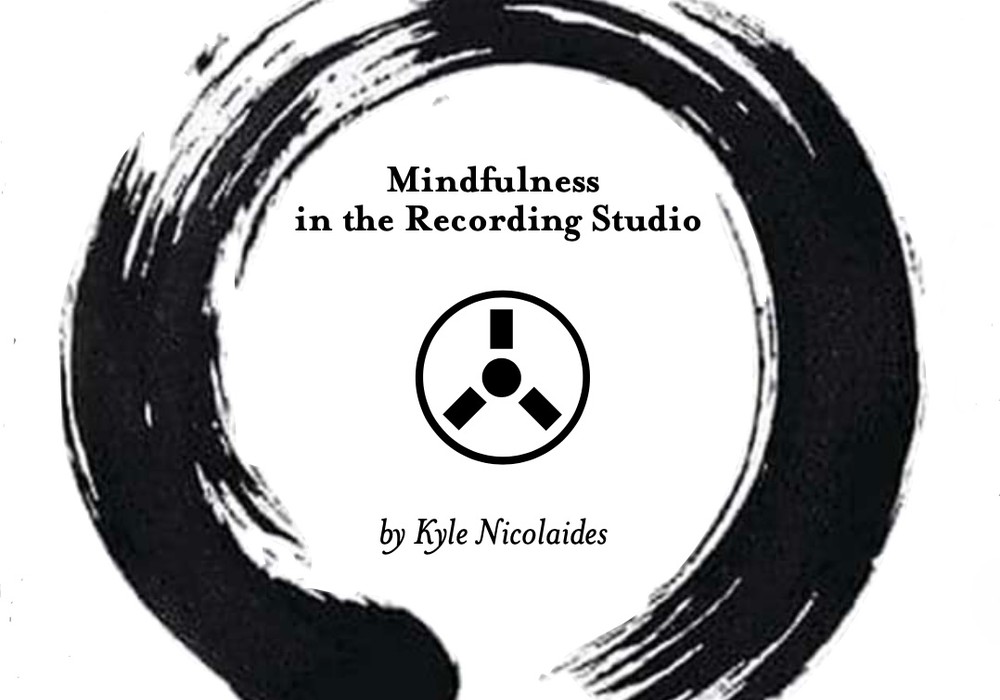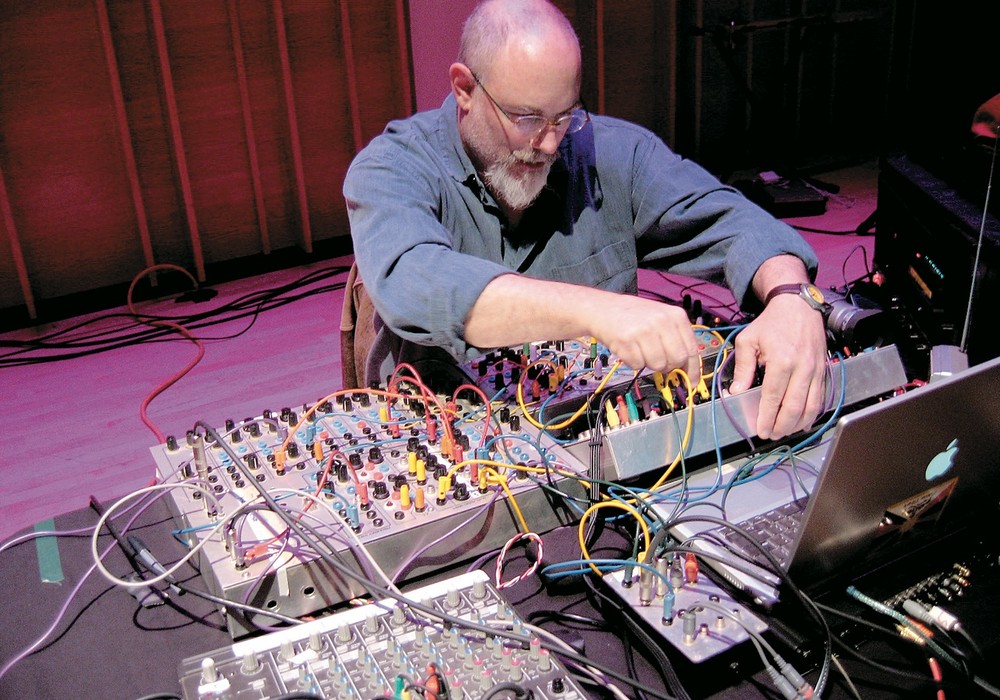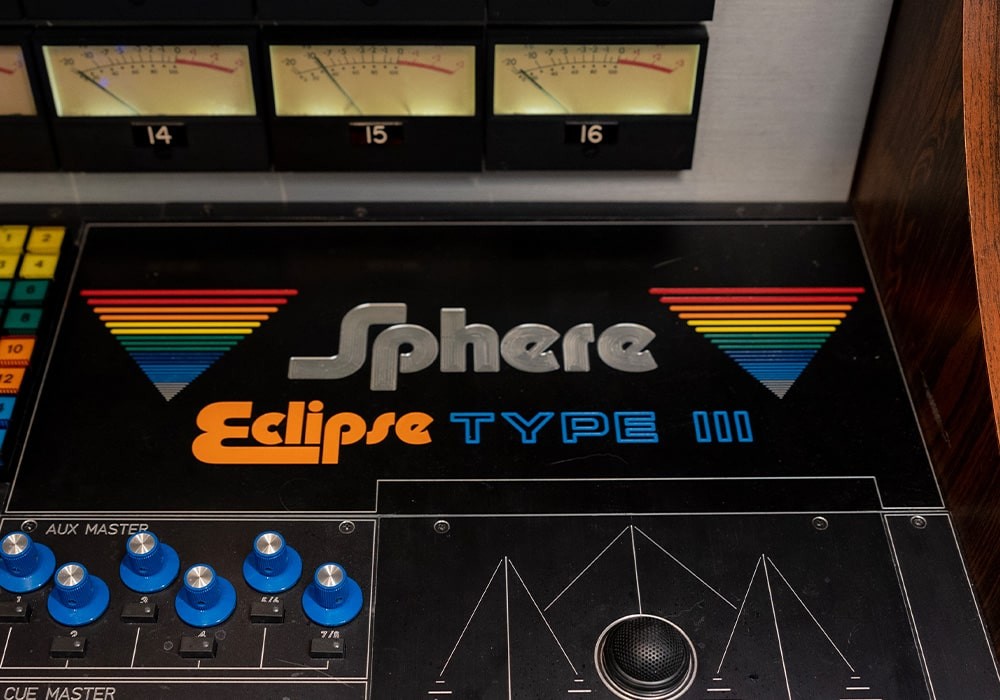New York City's independent metal scene has recently burst into mainstream view. At least two venues are primarily putting on heavy music shows nearly every night of the week. Several of the best metal blogs are based out of the city, and there's an exciting diversity and cross-pollination among the musicians. Years from now, when people sift through the scene's impact, anyone interested — bands, audiences, nostalgists — will be happy Colin Marston was the one recording many of the key records. At his ominously named studio, Menegroth — The Thousand Caves, Marston has recorded some of the best music to come out of the scene, like Castevet, Defeatist, and Liturgy, as well as records Marston has made of his own bands: Krallice, Dysrhythmia, Gorguts, and Behold... The Arctopus. His experienced but light touch means the music comes through with maximum visceral impact, while avoiding clichéd approaches that can suck the life out of many metal records.
What's the first point of approach you take when a band is coming in?
I'll ask them how they prefer to record, asking questions such as whether or not they want to all record at the same time, or one by one. Usually it's more than just one instrument, but then the question is, "Are you going to keep everything, or are certain things supposed to be scratch tracks?" I had this one band talking about doing scratch drums... I was like, "Okay... so what are you going to keep, then?" They realized maybe it wasn't a good idea. More often than not, for a "rock" recording, it's just drums, the whole band, or drums/scratch guitar. Vocals are almost always overdubbed. Alternately, I do a lot of live improv recordings. In those cases, I'll often set everything up in the live room all at once as if it's a show or practice. Maybe I'll gobo off some amps, or something like a saxophone. Once we figure out an approach, I'll also ask whether we're going analog or straight digital. Then it's setting up mics and going from there.
For most bands the experience of being in a studio doesn't feel like playing live.
It's completely different. There's a different weight to the performance.
When do you deal with figuring out how a band wants to record?
I'll try to get it sorted out before they come in, but lots of times people will say they're going to make these decisions when they come in. For people who don't really know, I'll make a suggestion based on the type of music it is, and the type of recording they're trying to do. If it's just a demo and it needs to be done as quickly as possible, then speed is the priority. But if it's something they've been working on for years, and they want everything to be just right, I may suggest a more piecemeal way of doing it. If it's someone I've seen live and I know they're a killer live band, I know they should probably at least try to record live, even if they don't think they want to. But I really do want to leave it up to them. I want to make sure the band feels very comfortable. That's almost more important than getting a good sounding recording. For instance, usually the sound isn't as precise if you have everyone set up in the same room — you'll have bleed, and you can't turn the amps to whatever volume you want because they have to work with the drums. But if I get the sense that it would really work for the band — dealing with headphones can be a distraction for instance — then I may suggest that approach anyway, because getting a good performance of the material is more important than how any one instrument sounds.
Is that more likely to make them feel confident about the decisions they'll be making later on in the control room?
Exactly. They'll be able to pay attention to the mixing, because they won't be worried about their performance. That said, let's take tuning drums: most drummers don't know how to tune their drums, so I'll offer to help. That's something I can do to get a better recording that doesn't require them to change or follow a different process. That goes for amp settings as well. Maybe you're used to setting your amp a certain way in your practice space, or at a show. But when there's a microphone a half-inch away from the speaker it might not translate. Maybe you don't want the bass on ten, you only really want it on six.
Is there a particular impression you're always going to leave on the recordings you work on?
That's the kind of thing that's more subconscious, or a cumulative result of the equipment I use, but it's not something that happens on purpose. I have some things I tend to do, such as give a recording a more "organic" sound, particularly in the world of metal. Metal's usually treated with a more "inorganic" approach.
Tell me a little bit more of what organic means...
The rest of this article is only available with a Basic or Premium subscription, or by purchasing back issue #101. For an upcoming year's free subscription, and our current issue on PDF...
Or Learn More
